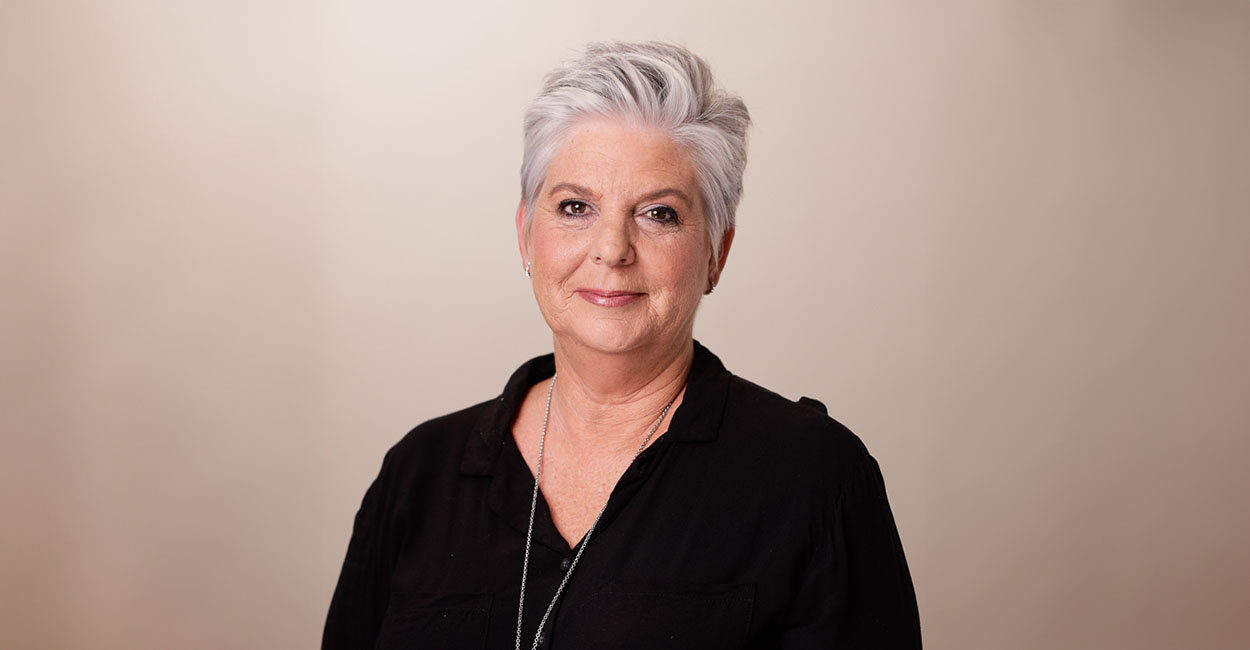MAIN IMAGE: Paul Stevens, CEO of Just Property and Adrian Goslett, regional director and CEO of RE/MAX of Southern Africa.
The property market remains a buyers’ market as property experts expect continued slow growth in the first two terms of 2019 while the outcome of the general elections is awaited.
Due to the uncertainty pertaining to land reform policies, 2018 has not been a great year for the property market and economic indicators suggest another tough year ahead of us, says Paul Stevens, CEO of Just Property.
At least last year ended with two positive announcements – that the country’s economic activity increased enough to exit the technical recession and, there was a most welcome lowering of the fuel price. “However, these positives were offset by Eskom’s continued struggle to keep the country’s lights on and the announcement of raised interest rates in December. Consequently, the results of the 4th quarter seem to reflect a hopeful yet reserved property market,” says Adrian Goslett, regional director and CEO of RE/MAX of Southern Africa.
Market shifting in favour of lower to middle-income buyer
Goslett points out that in the fourth quarter while almost a third (29.5%) of all property transfers still fell within the R0-R400 000 range, the next two segments (R400 000 to R800 000) and R800 000 to R1.5 million are steadily catching up, together representing 50% of property transfers. The lowest sector had 1.8% less share of the market compared to the previous term where as the latter two segments grew slightly. The R1.5 million – R3 million segment remained stable and there was a slight drop of 0.2% in transactions over R3 million. This indicates that the market is shifting in favour of the middle-income buyer says Goslett.
“We are in a buyer’s market and this will continue through most of 2019,” Stevens predicts. “Those who qualify for finance or who are able to buy for cash will be in a good position to take advantage of the current conditions. Most of the property sales activity in the past year has been in the R300 000 to R1 500 000 range. During the course of the coming year, I expect this to continue. Government is focused on developing our economy, at least in part through the development of entrepreneurs. If successful, we should see an increasing number of people able to enter the lower end of the property market.”
Lightstone’s Residential Property Indices (October 2018) indicate that the average house price increase for the 2018 period, across South Africa, has been 3.77%. With the Western Cape performing best at a 9.9% increase and the Northern Cape showing the least growth with only 1.1%. Stevens estimates that “this low growth rate will continue, and in particular, I think we will see more normalisation with the Western Cape, possibly showing a lower growth rate in the coming year, despite the relief from the drought.
Sectional title living gaining in popularity
According to Goslett the number of transfers (both bonded and unbonded) recorded at the deeds office between October and December increased by 3.1% from the third quarter to 62 150 transfers in the fourth quarter. Of these transfers, a total of 29 143 freehold properties and 15 648 sectional title units were sold countrywide (these figures exclude estates, farms and land only transfers). “While these figures translate into a 3.6% drop in the number of freehold properties sold in the third quarter, they also translate into a substantial 8.1% increase in the number of sectional title units sold. This reveals a considerable shift in the market away from freehold titles and towards sectional title living,” Goslett explains.
Tough times continue on rental front
Stevens continues: “From a rental perspective, I see our current conditions with high vacancies and low escalations across most of the country, fuelled by lower than normal demand, continue into 2019. Historically, we have seen rental demands increase during tough economic times. But this is not happening now. Our data partners, TPN, report that average tenancy periods have increased to 18 months and the average age of tenants is now 32, (up from 24 in 2008). Their data shows that fewer people are entering the rental market and the majority of those that are, rent for less than R7000 per month. The short-to-medium term opportunities for property investors and landlords therefore lies in properties that allow for multi-generational living and in properties that can be rented for R3500 – R7000 per month.”
He says the increasing delinquency rates of tenants who are applying for tenancies are exacerbating things on the rental front. Along with this comes decreasing rental recovery rates. Stevens advises that for the upcoming year “landlords should screen and manage their tenants more carefully than ever. Good property management agents, (for example, those with access to tenant payment behaviours and cost-effective rent guarantees) have an opportunity to add value to landlords; managing risk and correctly pricing properties will be of the utmost importance.”
Welcome more technology in property transactions
Economics aside, 2019 will bring continued change to the way buyers and sellers, and tenants and landlords are able to transact, says Stevens. Technology is being harnessed and the real estate industry is changing for the better. Long-held, traditional ways of doing business that frustrate clients are being challenged. This is bad news for those who are unwilling to embrace change and good news for the end-consumers, says Stevens.
“Property transactions are going to be managed more efficiently and with greater transparency than ever,” he insists. “They will be easier and less expensive. I don’t believe that systems and technology will replace real estate professionals; the circumstances around property transactions are too diverse, convoluted and unpredictable. I do however believe that we have an opportunity to augment the skills of our real estate professionals through the use of technologies, thereby delivering a far better level of service to our clients. This prospect is what I most look forward to in 2019,” concludes Stevens.
Investors should keep an eye on KZN
“I predict that this slow growth will continue into the first and possibly second quarters of 2019 as we await to hear the results of the mid-year general elections. Consequently, I also believe that the current market presents the perfect opportunity for investors who might be able to get in before the market swings back in favour of the seller,” says Goslett.
“For those hoping to invest in property in the year ahead, KwaZulu-Natal spiked in popularity in the fourth quarter, stealing two of the top five positions for the most searched suburbs on remax.co.za. At this time of year, this spike could possibly be largely attributed to the holiday destination quality of these suburbs. However, the province has shown some other signs of growth in 2018. According to Private Property statistics, KZN tied for second place with the Northern Cape for the highest median asking price in the country, managing to sneak ahead of Gauteng at a R1,550,000 median asking price. Of course, the Western Cape continues to be the highest priced province with a median asking price of R2,561,130. But, particularly with the various new developments emerging on its coastline, KwaZulu-Natal promises to be a province that investors ought to keep an eye on in 2019,” Goslett concludes.
Related articles: Why 2019 could be good for the property market








